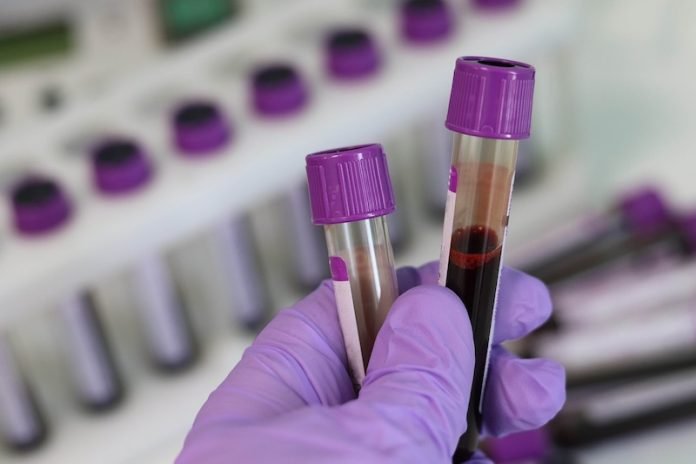
In a new study, researchers found that a simple finger-prick blood test could help prevent unnecessary prescribing of antibiotics for people with the lung condition chronic obstructive pulmonary disease (COPD).
This can help people safely reduce the use of antibiotics and protect against dangerous antibiotic resistance.
The research was conducted by a team from Cardiff University, University of Oxford and King’s College London.
COPD is a lung condition linked to smoking and other environmental pollutants.
People living with the condition often experience exacerbations, or flare-ups, and when this happens, three out of four are prescribed antibiotics.
However, 70% of these flare-ups are not caused by bacterial infections, and antibiotics often do not benefit patients.
In the new study, the team showed that using a finger-prick blood test resulted in 20% fewer people using antibiotics for COPD.
This is about twice the magnitude of that achieved by most other interventions.
Importantly, this reduction in antibiotic use did not have a negative effect on patients’ recovery or on their well-being or use of health care services.
The finger-prick test measures the amount of C- reactive protein (CRP) – a marker of inflammation that rises rapidly in the blood in response to serious infections.
People with a COPD flare-up who have a low CRP level in the blood may receive little benefit from antibiotic treatment.
The team says the blood test helps doctors achieve a reduction in antibiotic use in people with COPD and focus on treating flare-ups with other methods.
One author of the study is Professor Nick Francis, from Cardiff University’s School of Medicine.
The study is published in the New England Journal of Medicine.
Copyright © 2019 Knowridge Science Report. All rights reserved.



